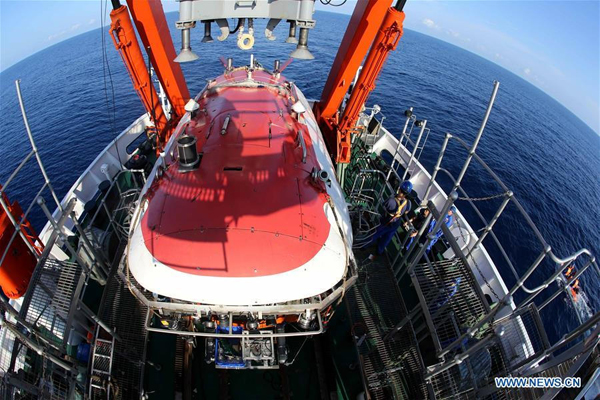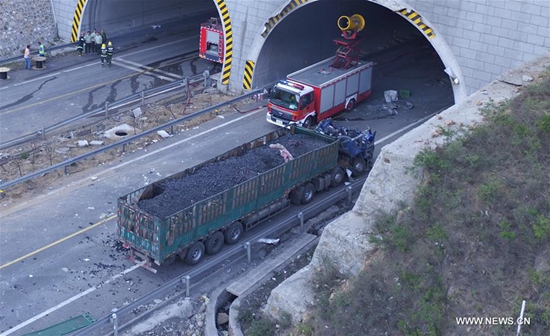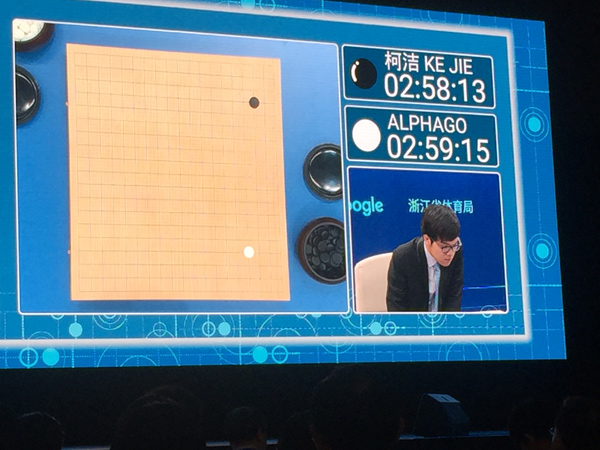Xi calls for more replicable reform practices
Chinese President Xi Jinping Tuesday stressed the importance of pilot reform while calling for more reform practices that could be replicated and promoted.
Xi, also general secretary of the Communist Party of China (CPC) Central Committee and chairman of the Central Military Commission, made the remarks at the 35th meeting of the Central Leading Group for Deepening Overall Reform, which he heads.
Li Keqiang, Liu Yunshan and Zhang Gaoli, all members of the Standing Committee of the Political Bureau of the CPC Central Committee and deputy heads of the leading group, also attended the meeting.
A guideline on deepening reform of the educational system was adopted at the meeting, aimed to cultivate students’ abilities in lifetime learning and creative thinking, as well as the ability to adapt to the times.
Educational reform should update the methods of school running as well as management mechanisms to promote comprehensive development, according to a statement issued after the meeting.
In a separate topic, the leading group called for enhanced efforts to allow foreign investors easier access to China’s key sectors via a “negative list” approach.
The statement outlined several sectors that should further open to foreign investment, including services, manufacturing and mining.
The leading group also urged standardization of Chinese firms’ overseas operations, urging the formation of a supervision system featuring clear demarcation of rights and obligations and effective risk control.
According to the meeting, a long-term supervision and early warning system should be established to keep an eye on resources and environmental constraints on economic development. Environmental monitoring should be conducted in a scientific way with collection of reliable data.
The leading group also vowed to push for establishment of the personal information and asset system, and introduce information rating and a traceable security mechanism to ensure that personal information is safe and used properly.
To improve air quality in the Beijing-Tianjin-Hebei region with coordinated efforts, the leading group called for efforts to conduct a pilot program on setting up a cross-region environmental protection agency.
Environmental regulation in the region should apply unified standards, assessment, monitoring and law enforcement.
With the principle of prioritizing environmental protection and proper use of resources, the leading group called for use of market-based and paid-use mechanisms to develop maritime areas and uninhabited islands. Certain such regions that need special protection are prohibited from development.
The statement also said time has been ripe to officially establish the system of public interest litigation by prosecutors after nearly two years of pilot reform.
In July 2015, the Supreme People’s Procuratorate began the pilot program that allowed prosecutors in 13 provincial divisions to institute public interest litigation in civil and administrative cases.
So far, prosecutors have filed public interest lawsuits related to environmental protection, food and drug safety, state assets and state land use.
Abundant case samples and rich experience have been gained and the procedural mechanism well tested, according to the statement, which called for legal guarantees for procuratorates to file such litigation.


